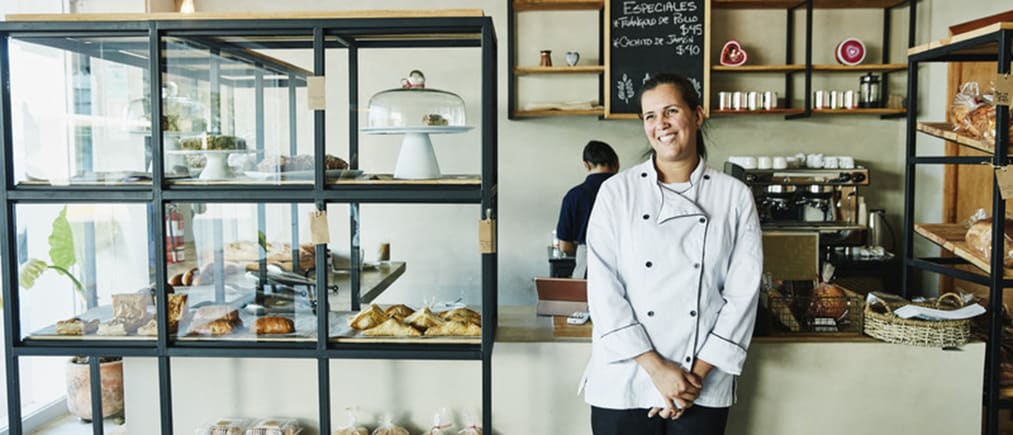This year’s Business Show featured presentations and panel discussions with experts from across the industry. We’ve collated our highlights for those who missed the event.
Many of us start to think about work from the moment we wake up. Six years ago, a survey came out showing that the average British worker spent 16 hours a week in meetings, more for managers. Yet, growing evidence suggests that our capacity for cognition has a finite capacity, less than the 56 hour-a-week limit our bodies can handle.
Twitter's Bruce Daisley argues employers must restore happiness and trust in the office or risk a growing productivity decline. He says workers are suffering from burn out.
“Science suggests that our brains are more like the batteries in our mobile phones than we care to acknowledge,” says Bruce, who formerly ran You Tube UK at Google. “We tell ourselves the quality of work at 10 pm in evening is as good as 10 am in the morning but science is unequivocal. This is simply not the case.”
The expectation from work to be switched on all the time, skip lunch breaks and attend pointless meetings is killing our productivity. Bruce says the requirement for business is also destroying our capacity to be inventive and creative, which are conversely the skills we will need to hang onto when the robots come for our jobs.
If workers were given permission to do less and have fewer distractions during their working day, they would have more time to stare out the window and potentially have the big ideas that could transform your business, Bruce argues.
He offers three pieces of advice for companies looking to create a happier, more productive workforce:
Create an environment of positive affect
People in a good mood are more likely to do better work and be more open-minded in decision-making
Give your colleagues the benefit of the doubt
Psychological safety is the opposite of finger pointing and intimidation. It creates an environment of trust, honest communication and empowers employees to buck the herd and own mistakes.
Give back lunch breaks
“Evidence shows that school results improve if children can take a five-minute break at the end of every lesson and tragically, results go up most for the less able kids,” says Bruce. Breaks refresh tired brains. “The worst time to find yourself in court is just before lunch.”
Key Takeaways
- Our “always on” work culture and addiction to business is killing our mental health and joy of work
- Allow workers to have more down time and create loyalty and commitment by allowing constructive feedback and errors to be declared without reprisal



